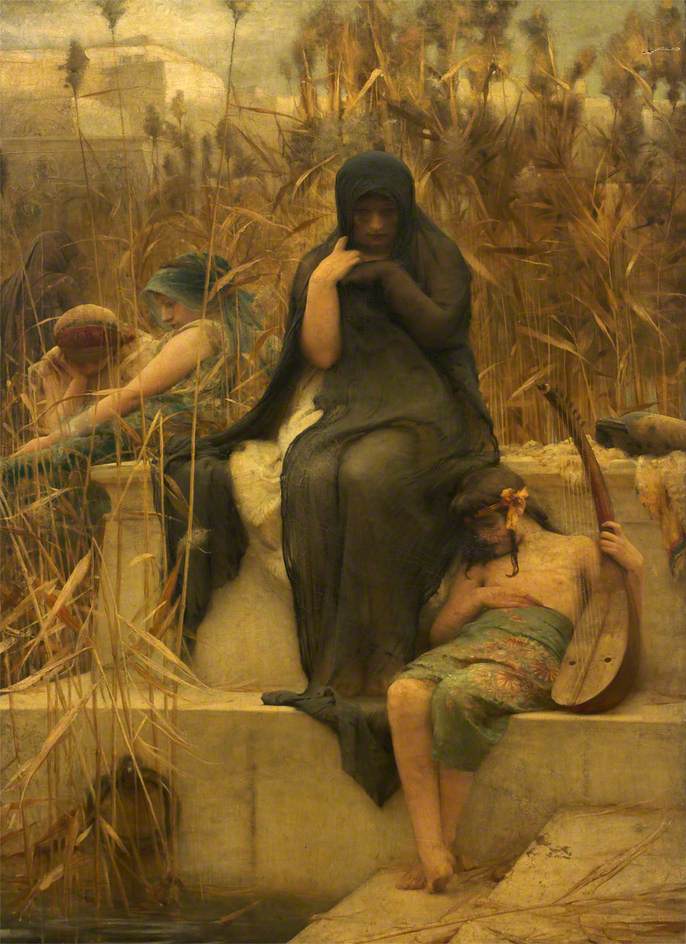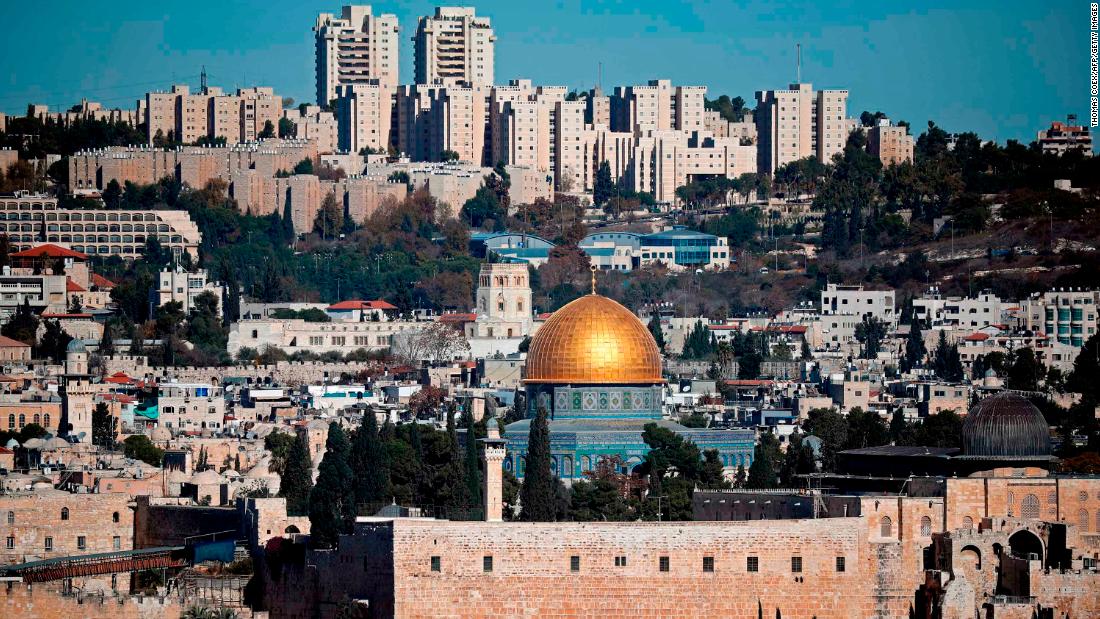
* * * *
November 12, 2021 – It’s over two weeks before the next major Feast Day, Thanksgiving.
Which means I have time to re-visit a post I did in 2019, “If I Forget Thee, O Jerusalem.*” In that post I previewed my three-week pilgrimage to Jerusalem, and in the process talked a lot about n Psalm 137. (And the creation of the Old Testament as we know it.) I was reminded of that post while finishing a book on turning 70 in 2021. (And hoping to live 50 more years, to 120, like Moses, with “eye undimmed and vigor unabated.” See Deuteronomy 34:7.)
I put the boring details about how all that came about in the notes. (How writing the last chapter of my book on Turning 70 in 2021 reminded me of that 2019 pilgrimage to Israel.) But here’s the point: That in my own version of a “Babylonian exile,” something good eventually came out of what was originally – at the time – something really bad. (Kind of like how the Old Testament as we have it today only came about because of a national catastrophe.)
So here’s more about that April 2019 post. (Where something good happened from “something very bad.”) It referred to a series of video lectures, The World of Biblical Israel | The Great Courses Plus. (Before that site was changed to “Wondrium.”) Lecture 2 was “By the Rivers of Babylon – Exile.” In it Professor Cynthia Chapman focused on Psalm 137 as the story of how the final version of the Old Testament came about. Chapman said Psalm 137 is the mid-point of both years of Jewish history and the Bible itself. Chapman said Psalm 137 came just when the books of the Hebrew Bible – the Old Testament – were collected, edited and redacted.
In other words, the “Old Testament” as we know it didn’t exist before 586 “B.C.”
That’s when most Judeans were taken from their homeland. They went through a “death march,” 800 miles to Babylon, where many of the Remnant died. In further words, before the Exile (circa 600-515 BC) , the Judeans had a lot of uncollected books (or scrolls), but “here is where they were first collected into what we know as the Old Testament today.” In that captivity they compiled, edited and shaped their collected national stories into a “virtual library,” a library that connected them to their homeland. See also Psalm 137 – Wikipedia:
This period saw … the emergence of the central role of the Torah in Jewish life. According to many historical-critical scholars, the Torah was redacted during this time, and began to be regarded as the authoritative text for Jews. This period saw their transformation into an ethno-religious group who could survive without a central Temple.
But here’s the point, as it relates to my life: Without all that life-drama I went through ten years ago, I might still be living back in Largo. I might still living in highly congested mid-Pinellas County, Florida, with all its heat and sopping humidity, instead of up in “God’s Country.” (The ATL, or Atlanta Metropolitan Area.) Another happy result is that, for the first time in my life, I’m “comfortable,” spiritually, artistically and financially. But that’s a subject I’ll discuss more in my “2021” book. (And while it’s about turning 70, I’ll title it, “Will I really live to 120?)
A side note: When I publish it – in both an E-book and paperback version – I’ll include a link, For a book version, for your consideration. (As detailed in the Introduction.)
And here’s yet another kicker: St George’s College is Open for Pilgrims!
In 2022 that is.
Saint George’s Cathedral (and) Pilgrim Guest House is where I stayed for two weeks in May 2019. And that means next year I may be able to go back to Jerusalem, hopefully for the “Footsteps of Jesus” course. Another reminder: In 2019 I took the “Palestine of Jesus” course, along with 20 other members of my church. To review, I wrote about that pilgrimage in “On to Jerusalem” (before I left), “If I Forget Thee, Oh Jerusalem,” also before I left, and On my first full day in Jerusalem. That one I posted once I got back home, in June 2019.
Which means that I can look forward to the future and now say, with feeling:
Next Year in Jerusalem!
* * * *

* * * *
The upper image is courtesy of the Wikipedia article on Psalm 137. The caption: “‘By the Waters of Babylon,’ painting by Arthur Hacker, c. 1888.”
Re: “Thanksgiving.” The link is to a post I did, On Thanksgiving 2019. That post started off: “Things have been hectic since I got back last September 25th [2019] from my 19-day, 160-mile hike on the Camino de Santiago. See On Saints James, Luke – and the lovelies of Portugal, along with Just got back – Portuguese Camino!” It ended with a note on pilgrimages in general, and how if a truly-meaningful spiritual journey was easy, “anybody could do it!”
Which brought up the topic of “dormancy, darkness and cold,” referring to the Dark Ages, that period of intellectual darkness between the “light of Rome,” up to the rebirth or “Renaissance in the 14th century.” (Not that there was any connection to current events or anything)… Which in turn serves as a reminder that whatever “Dark Age” you may be going through, during this fine but politically-hectic November of 2019: “This too shall pass.”
Another note: That 2019 post came shortly before the current COVID pandemic started, and at a time when Donald Trump seemed to be a shoe-in for re-election.
A note about the post, If I Forget Thee, Oh Jerusalem. The original version in the Bible reads, “O Jerusalem.” I put “Oh Jerusalem” in the 2019 post, but corrected it in the main text here.
Re: “Breaking Point – and broke.” The “breaking point” quote is from Garry Wills’ translation of the Lord’s Prayer. See Garry Wills’ book, What the Gospels Meant, Viking Press (2008), at page 87. The alternate translation is in Part II, “Matthew,” Chapter 5, “Sermon on the Mount:”
Our Father of the heavens, your title be honored … and bring us not to the Breaking Point, but wrest us from the Evil One.
The usual Lord’s Prayer translation: “lead us not into temptation, but deliver us from evil,” per Wikipedia. My life tells me “breaking point” is more accurate and appropriate.
Re: Being reminded of the “Jerusalem” post while finishing a book on turning 70 . in 2021. At the beginning of the last chapter, I made a reference to that long-ago post. That chapter (Chapter 9) is about Leaving a legacy, and it in turn is based on a 2015 post that I did in a companion blog. (That post, about leaving a legacy, reminded me of my 2019 trip to Israel.) I wrote – in that companion blog, about my legacy – that in a sense I started thinking about that back in 2009-2010. As explained in the book, that’s when I had to retire early “due to circumstances beyond my control.” In simple terms, I got led to the “Breaking Point – and broke.”
I didn’t enjoy life much back then [in 2009-2010], during the functional equivalent of a Babylonian exile. Among other things I felt abandoned by God. (“Why hast thou forsaken me?”) On the other hand, the results of my exile-and-feeling-abandoned have been good. (Much like the original Exile was “good…” Something very good – the final version of the Old Testament – was the result of something very bad happening to “God’s Chosen People.”)
I originally had all that in the main text, but it was way too confusing, interrupted the flow of the narrative, and distracted from its main point.
Re: St. George’s College, Jerusalem. A continuing education center of the Anglican Communion, its programs “focus on pilgrimage, community, study, and reconciliation. Programs typically last 8, 10 or 14 days, and are open to clergy and laity of all denominations and any faith.” See Wikipedia.
Re: On my first full day in Jerusalem. It included a link to another post, Back from three weeks in Israel.
Re: “Next year in Jerusalem.” The link is to a “Desiring God” article, which read in part: “It seems to me that ‘Next year in Jerusalem!’ is what we Christians ought to wish each other as we mark the closing of another year. It voices far more clearly the sort of happiness we long for than the generic and rather hollow ‘Happy New Year.'” And BTW: Googling the phrase got some 11,800,000 results. Which included Why are you supposed to say “next year in Jerusalem”? – Vox.
The very last words of the traditional seder are “next year in Jerusalem.” As the final moment in the Seder, it’s emotionally significant, and it finishes the Seder’s journey from a reminder of the suffering of the past (and present) to hopes for wholeness and freedom for all in the future.
See also Passover Seder – Wikipedia: The Seder is “a ritual feast that marks the beginning of the Jewish holiday of Passover.” The Seder is based on Exodus 13:8: “You shall tell your child on that day, saying, ‘It is because of what the LORD did for me when I came out of Egypt.'”
The lower image is courtesy of Jerusalem – Image Results, as featured in the 2019 “On to Jerusalem” post. See also Jerusalem – Wikipedia. Note also that my post-title – “On to Jerusalem!” – alludes to the Civil War’s famous (or infamous) battle cry, “On to Richmond!” See the National Park Service’s The Focal Point of the Civil War, and Richmond in the American Civil War – Wikipedia.